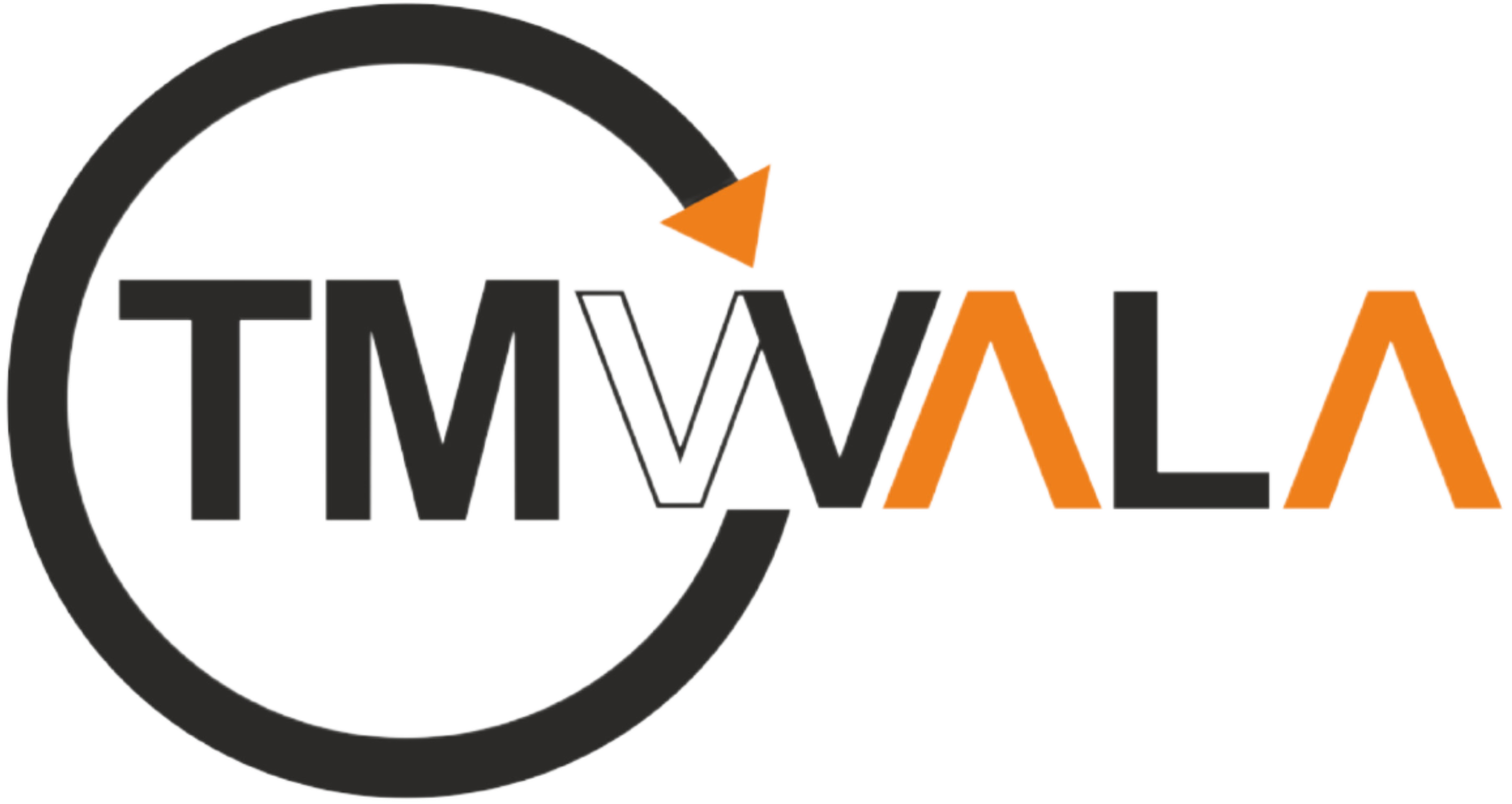A Consultancy Agreement is a contract between two parties: one being a consultant and the other a business or individual seeking services from the consultant. This document outlines the consultant’s rights, duties, and responsibilities along with other pertinent details.
This agreement is useful when your organization plans to appoint an external consultant for a specific task or assignment. Typically, a consultant is an expert in their field, providing specialized solutions for a temporary period.
When Do You Require a Consultancy Agreement?
- When your company is engaging the services of a specialist for a specific project or task.
- When appointing a person as a consultant on a self-employed basis, but not as your employee.
- If you’re an individual taking up a temporary assignment with a company or firm.
- When drafting an elaborate yet simplified agreement for appointing a consultant.
Advantages of a Consultancy Agreement
- Improves Clarity: The agreement involves a detailed description of the work, eliminating doubts between the parties.
- Exercise Legal Rights: The parties express their will, rights, and duties in the agreement, reducing the scope of disputes.
- Scope and Confidentiality: The agreement includes clauses for confidentiality compliance as prescribed in the contract.
Elements of a Consultancy Agreement
- Scope of Work: Specifies all duties, obligations, responsibilities, and functions the consultant must perform.
- Term: Indicates the period within which the company will require services from the consultant.
- Payment Terms: Details regarding compensation and other benefits the consultant will receive.
- Confidentiality: Includes provisions to prevent the consultant from using confidential information for personal gain.
- Termination: States how either party can terminate the contract.
- Non-Competition: Specifies that the consultant will not engage with competing companies during the term.
- Non-Solicitation: Prevents the consultant from recruiting co-workers or asking clients to follow them to a new company.
- Indemnification: Protects the consultant from lawsuits related to the client’s business.
Purpose and Importance
A Consultancy Agreement is crucial for establishing a clear, mutual understanding between a consultant and a client. It helps ensure that all parties are on the same page regarding expectations, deliverables, and the terms of engagement. Proper documentation reduces the likelihood of misunderstandings and disputes.
Key Components
Scope of Work:
- Detailed Description: Clearly define what tasks or projects the consultant is expected to undertake. This should include specific goals, deliverables, and performance metrics.
- Milestones: Identify key milestones and deadlines within the project. This helps track progress and ensures timely completion.
Term:
- Duration: Specify the start and end dates of the consultancy period. Include any provisions for extensions if necessary.
- Review Points: Set dates for reviewing progress and discussing any adjustments needed.
Payment Terms:
- Compensation: Outline the consultant’s fee structure—whether it is hourly, per project, or a retainer. Include payment intervals (e.g., monthly, upon milestones).
- Expenses: Clarify which expenses (if any) will be reimbursed by the client, and how they will be handled.
Confidentiality:
- Non-Disclosure Agreement (NDA): Include provisions for protecting sensitive information. Specify what constitutes confidential information and the duration of confidentiality obligations.
- Data Protection: Ensure compliance with relevant data protection regulations (e.g., GDPR, CCPA).
Termination:
- Grounds for Termination: Describe the conditions under which either party can terminate the agreement. This could include breach of contract, failure to meet deadlines, or other specific reasons.
- Notice Period: Specify the notice period required for termination and any penalties or obligations upon termination.
Non-Competition:
- Restrictions: Define the geographical and temporal scope of the non-compete clause. Ensure it is reasonable and enforceable within the legal framework of the jurisdiction.
- Enforcement: Outline the consequences if the consultant breaches this clause.
Non-Solicitation:
- Scope: Detail restrictions on recruiting employees or soliciting clients from the company.
- Duration: Specify the length of time these restrictions will remain in effect after the agreement ends.
Indemnification:
- Liability Protection: Clarify the extent to which the consultant is protected from legal claims arising from the client’s business operations.
- Insurance Requirements: Specify if the consultant must carry liability insurance.
Additional Considerations
1. Legal Jurisdiction
- Governing Law: Identify which jurisdiction’s laws will govern the agreement. This is particularly important in international engagements.
2. Dispute Resolution
- Methods: Specify how disputes will be resolved, whether through arbitration, mediation, or court proceedings.
- Venue: Determine the location where disputes will be resolved.
3. Intellectual Property
- Ownership: Clarify who owns any intellectual property created during the consultancy. This may include patents, trademarks, copyrights, or proprietary processes.
- Usage Rights: Detail any rights to use or modify intellectual property after the agreement ends.
4. Amendments and Modifications
- Process: Outline how the agreement can be amended or modified. Typically, any changes must be made in writing and signed by both parties.
- Flexibility: Include provisions for addressing unforeseen changes or additional work outside the original scope.
5. Compliance and Regulations
- Legal Compliance: Ensure the agreement complies with all relevant laws and regulations, including industry-specific requirements.
- Standards: Adhere to any professional standards relevant to the consultant’s field.
Steps for Implementation
- Drafting: Begin by drafting the agreement, using a template or creating a custom document based on the specific needs of the consultancy.
- Review: Have the draft reviewed by legal counsel to ensure all terms are clear and enforceable.
- Negotiation: Discuss and negotiate terms with the consultant to reach a mutually agreeable contract.
- Signing: Once both parties agree to the terms, sign two copies of the agreement—one for each party.
- Documentation: Keep the signed agreement in a secure place and ensure both parties have access to it.
Types of Consultants
Consultants are external professionals providing expertise and advice to improve business operations. They analyse current practices, identify areas for improvement, and develop plans to enhance company performance. Some common types of consultants include:
- IT Consultant: Optimizes tech support, internal networking, software, and web development.
- Operations Consultant: Improves manufacturing and supply chain efficiency.
- HR Consultant: Ensures legal compliance and develops onboarding systems.
- Financial Consultant: Analyse finances, reduce debt, cut costs, and increase profits.
- Leadership Consultant: Coaches executives and improves teamwork.
- Legal Consultant: Provides expertise on contracts and legal matters.
- Compliance Consultant: Ensures adherence to industry regulations and standards.
Steps to Create a Consulting Agreement
- Use a Template: Start with a standard legal boilerplate and customize it to fit your needs. Understand each clause and adjust as necessary.
- Decide on a Project Timeline: Set a reasonable start date, check-in dates, and project completion dates.
- Set Your Essential Terms: Determine non-negotiable requirements, such as company ownership of materials, payment frequency, contract nullification conditions, and the number of deliverables.
- Research Terminology: Understand legal terms and seek necessary advice to ensure clarity.
Points to Consider While Signing a Consultancy Agreement
- Define your goals to influence the agreement’s content, including tasks, payment terms, deadlines, and expectations.
- Read the entire agreement carefully and understand each term and clause.
- Ensure the contract accurately reflects key terms to align expectations.
- Revise or renegotiate terms if necessary to avoid disputes.
- Sign two copies of the document, one for each party, and preserve it in business records.
- Never sign an agreement without thorough review, regardless of trust in the other party.
- Specify all terms explicitly to avoid assumptions.
Conclusion
Consultancy agreements provide clarity on the roles, responsibilities, and expectations of both parties. They are crucial for the success of a project, as they outline what to do if a deliverable is not met or if there is a breach of contract-drawing up a proper legal contract when recruiting consultants is essential, as it can significantly impact the project’s success or failure.
FAQs
1. What is a Consultancy Agreement and why is it important?
A Consultancy Agreement is a legally binding contract between a consultant and a client that defines the scope of work, payment terms, confidentiality, and other responsibilities. It ensures clarity, protects legal rights, and reduces the chance of disputes.
2. When should a company use a Consultancy Agreement?
A company should use this agreement when hiring an external expert for a specific task, especially if the consultant is not being employed full-time but is working independently.
3. What are the key components of a Consultancy Agreement?
Essential elements include the scope of work, term, and duration, payment terms, confidentiality clauses, termination conditions, non-compete and non-solicitation clauses, and indemnification.
4. How does a Consultancy Agreement protect both parties?
It clearly outlines expectations, roles, payment terms, and legal obligations, which helps prevent misunderstandings and protects both the consultant and the client from legal disputes.
5. What is typically included in the “Scope of Work” section?
The scope of work includes specific duties, deliverables, goals, timelines, and performance milestones the consultant is expected to achieve.
6. Can a Consultancy Agreement include a confidentiality clause?
Yes, most agreements include confidentiality clauses or NDAs to protect sensitive business information and ensure compliance with data protection laws.
7. What’s the difference between a non-compete and non-solicitation clause?
A non-compete clause prevents the consultant from working with competitors during the agreement period, while a non-solicitation clause restricts them from recruiting employees or clients from the company.
8. Who owns the intellectual property created during the consultancy?
The agreement should clearly define ownership. Typically, the client retains rights to any intellectual property developed during the consultancy unless otherwise stated.
9. How are payment terms structured in a Consultancy Agreement?
Payment terms specify the fee arrangement (hourly, per project, retainer), payment intervals, and which expenses (if any) will be reimbursed by the client.
10. What steps should be followed before signing a Consultancy Agreement?
Define your goals, read and understand all clauses, consult legal advice if needed, revise any unclear terms, and ensure both parties sign and retain copies of the final agreement.














